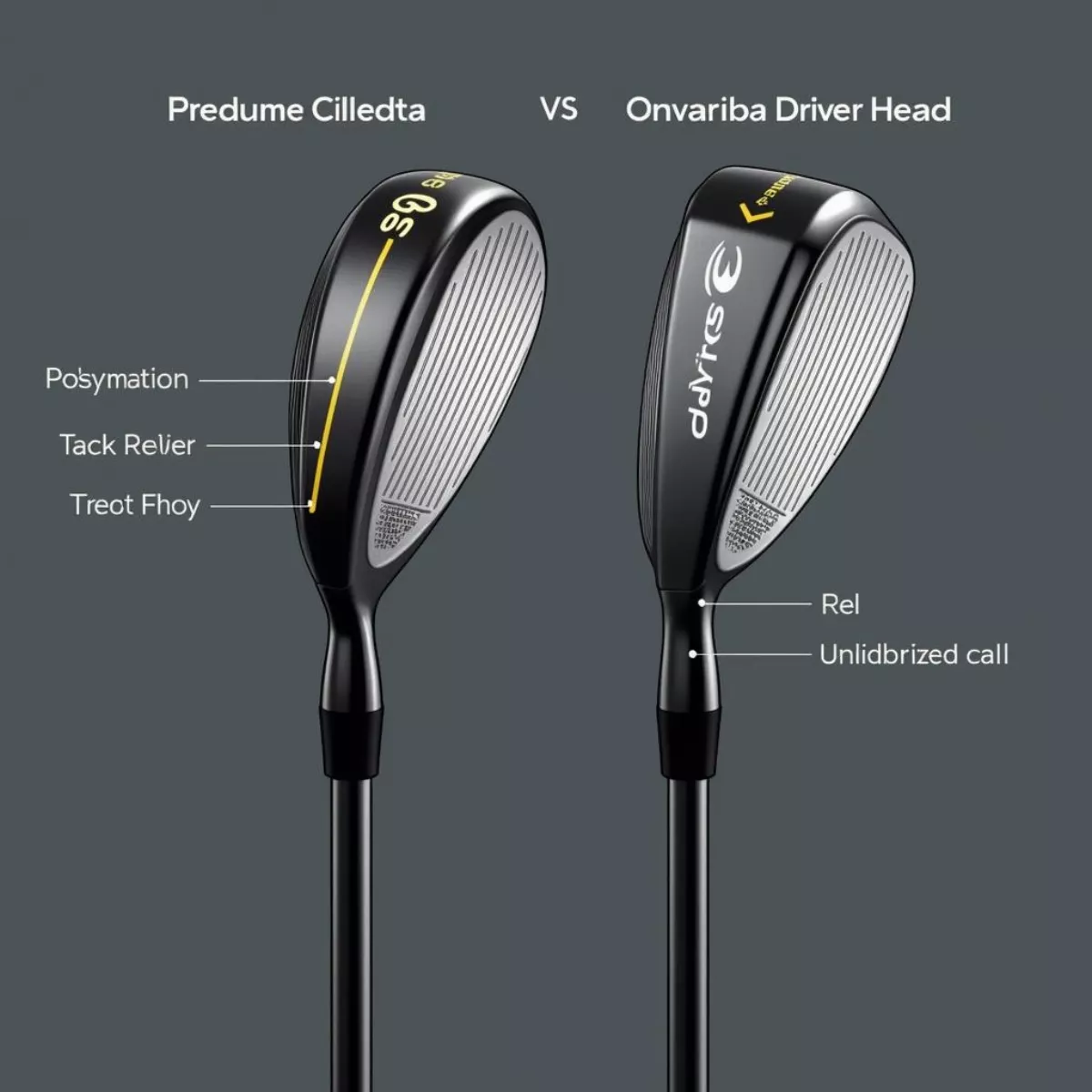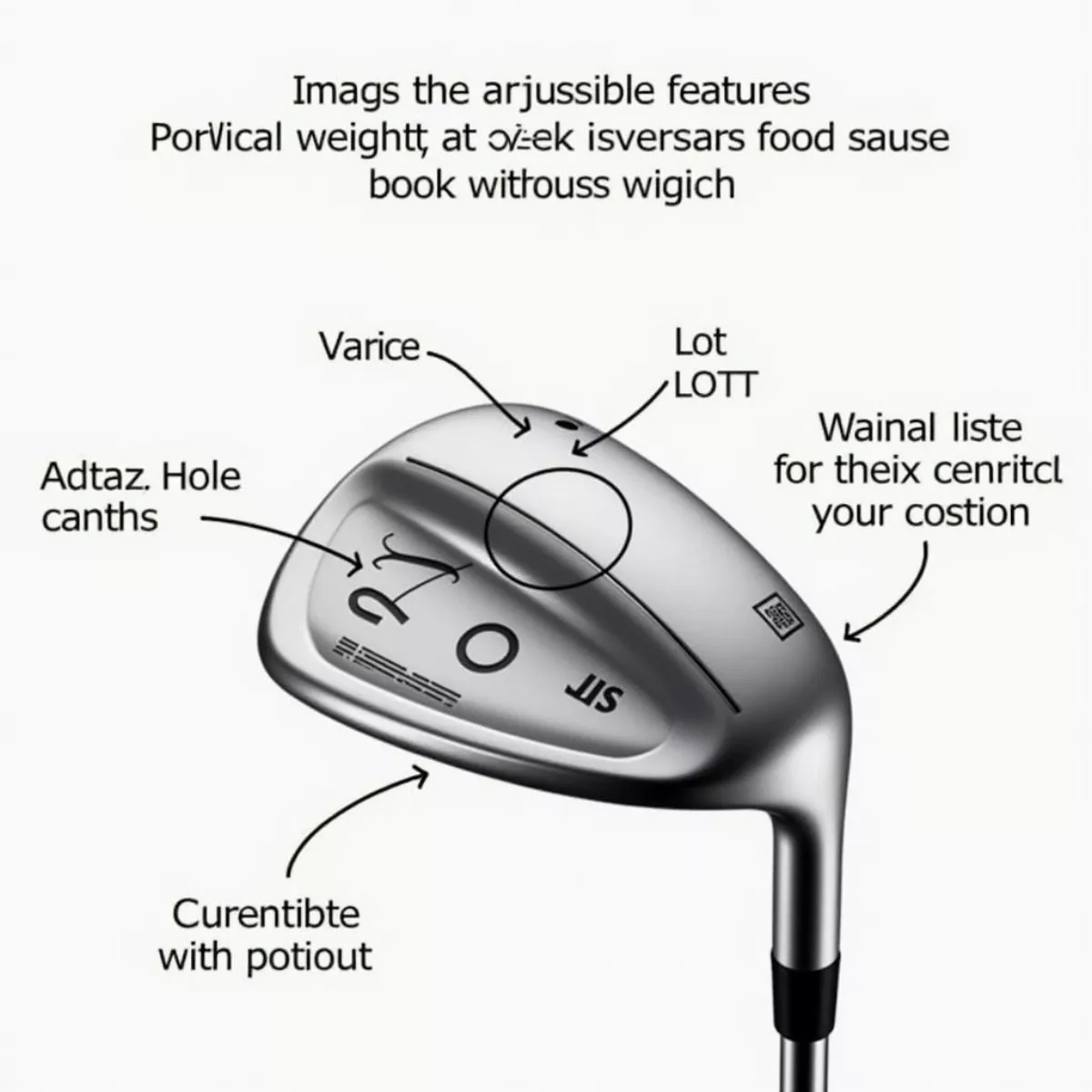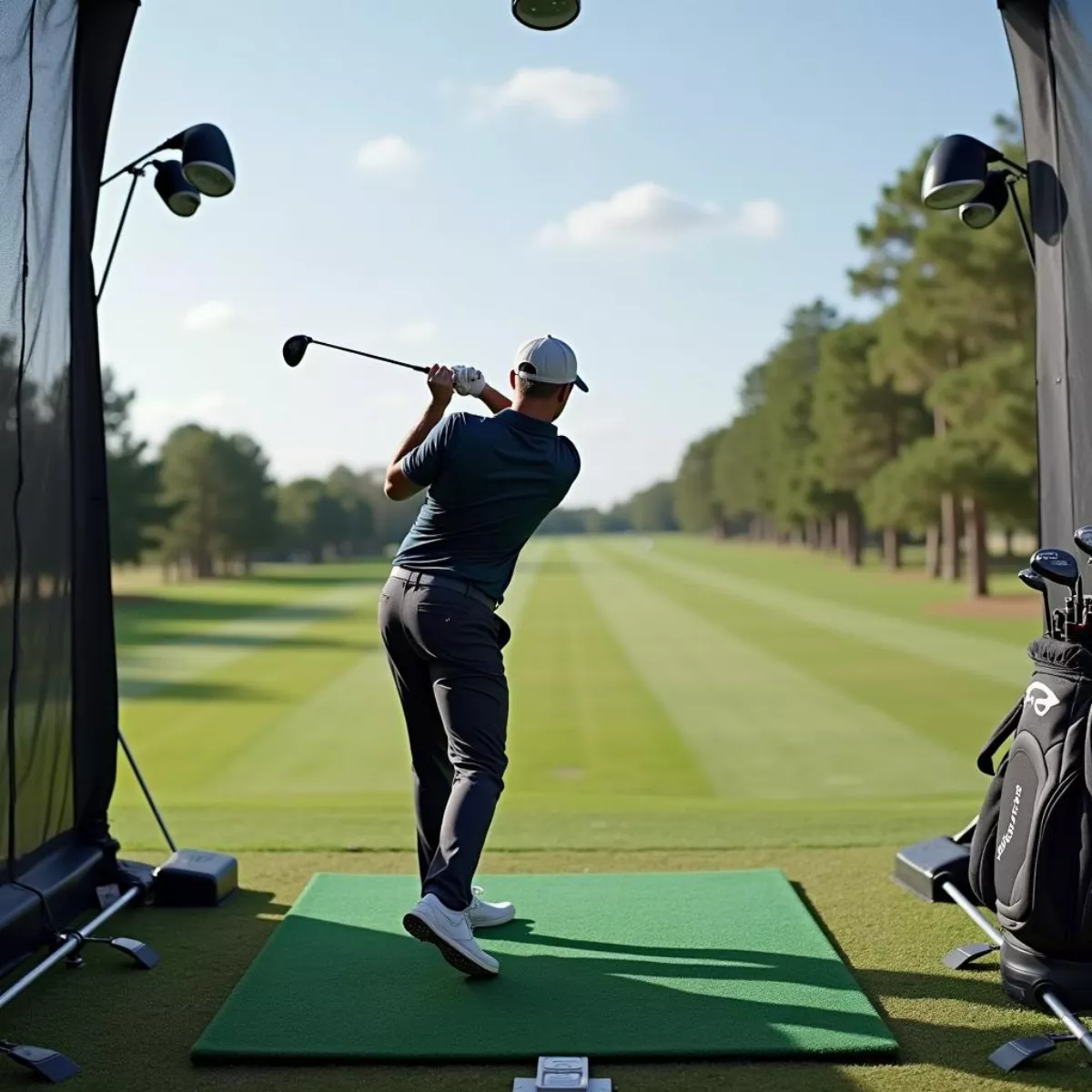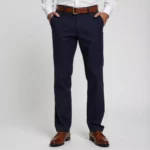Golf can be a challenging sport, but having the right equipment can make all the difference in your game. One of the most essential clubs in a golfer’s bag is the driver. With countless options on the market, selecting the perfect driver golf club can feel overwhelming. Don’t worry—I’m here to help! In this guide, we’ll explore everything you need to know about buying a driver and help you make an informed decision.
Why You Need a Good Driver
The driver is typically the first club used on a golf hole. It’s designed for distance, allowing you to hit the ball as far down the fairway as possible. A good driver can:
- Improve your accuracy
- Increase your distance
- Provide better control over your shots
- Boost your confidence on the tee
Key Factors to Consider When Buying a Driver
When it’s time to buy a driver golf club, keep the following factors in mind:
1. Loft
Loft refers to the angle of the clubface, affecting the ball’s launch. Most drivers have lofts ranging from 8 to 12 degrees. A higher loft generally offers better control, especially for beginners.
- Low Loft (8-9 degrees): Ideal for advanced players who can generate higher swing speeds.
- Mid Loft (10-11 degrees): Suitable for average players seeking a balance between distance and control.
- High Loft (12+ degrees): Great for beginners and slower swing speed players to promote higher launch angles.
2. Shaft Flexibility
The flexibility of the driver’s shaft impacts your swing speed and the ball’s trajectory.
- Extra Stiff (X): Best for players with high swing speeds.
- Stiff (S): Ideal for advanced players who can generate good speed.
- Regular (R): Suitable for average-speed golfers.
- Senior (A): Designed for slower swing speeds, often seen in older players.
- Ladies (L): Specifically made for female golfers, usually with a lighter and more flexible design.
3. Head Design
Driver heads come in two primary designs:
- Traditional: These drivers have a more classic shape and are often preferred by skilled players for better control.
- Oversized: These clubs feature a larger sweet spot, making them forgiving for beginners and casual players.
 Golf Driver Head Types
Golf Driver Head Types
4. Weight
The driver’s overall weight affects swing speed and control:
- Lighter drivers can help golfers with slower swing speeds.
- Heavier drivers may be beneficial for stronger players who can generate more power.
5. Adjustable Features
Many modern drivers offer adjustable features that allow you to customize weight, loft, and face angle.
- Interchangeable weights can balance for a draw or fade.
- Loft adjustments help optimize launch angles.
 Adjustable Driver Features
Adjustable Driver Features
6. Brand Reputation and Model Reviews
When investing in a new driver, consider the brand reputation and gather feedback from reviews. Some of the most reputable brands in the golf industry include:
- Callaway
- TaylorMade
- Ping
- Titleist
- Cobra
Check out online forums, videos, and golf reviews to gauge performance and satisfaction levels for specific models.
Understanding Your Swing
Before making a purchase, it’s essential to analyze your swing. You might consider scheduling a fitting session at a local golf shop or pro shop where they can evaluate your swing characteristics and recommend the best driver for you.
During the session, they’ll assess factors like:
- Swing speed
- Ball flight
- Impacts with different lofts
Setting a Budget
You can find a driver golf club at various price points. Here’s a basic guideline:
| Price Range | Quality |
|---|---|
| $150 – $300 | Good for beginners |
| $300 – $500 | Mid-range for average players |
| $500 and above | High-end for serious golfers |
If you’re just starting, you don’t need to invest heavily in a driver. Consider buying something mid-range until you’re more committed to the sport.
Try Before You Buy
Whenever possible, try beforehand. Most golf stores offer demo clubs you can test out. Pay attention to how the driver feels in your hands and how it performs on the golf course.
Some Tips for Testing Drivers:
- Take several swings with each driver.
- Pay attention to distance and accuracy.
- Make sure you feel comfortable with the club.
 Golfer Testing Drivers
Golfer Testing Drivers
Key Takeaways
- Consider loft, shaft flexibility, head design, weight, and adjustability when choosing a driver.
- Research brands and read model reviews to inform your decision.
- Try various drivers before buying to find the best fit for your swing.
FAQs About Buying a Driver Golf Club
1. What is the best driver for a beginner?
Most beginners benefit from a higher loft (10-12 degrees) and a more oversized clubhead for a larger sweet spot.
2. How do I know what shaft flex I need?
Your swing speed is the best indicator of the right shaft flex. A fitting session can help determine this.
3. Is it worth investing in an adjustable driver?
Absolutely! It allows you to fine-tune the club to match your evolving game and can lead to better performance across various courses.
4. Should I buy a new or used driver?
If you’re just starting, a quality used driver can save you money while you learn the game. If you’re more experienced, investing in a new driver might be worthwhile for the latest technology.
5. How often should I replace my driver?
Drivers can last several years, but if you notice significant changes in performance or technology, it may be time for an upgrade.
6. What’s the recommended loft for drivers used in windy conditions?
A lower loft (around 8-9 degrees) may help keep the ball trajectory lower in windy conditions, while more loft can help balance out high winds.
7. How do I clean my driver club?
Use warm water, mild soap, and a soft brush to gently clean the clubhead. Avoid using harsh chemicals.
8. Can I get a custom fit for my driver?
Yes! Many golf stores and professionals offer custom fitting sessions. It’s recommended for serious golfers.
Now that you’re equipped with the knowledge to choose the perfect driver, hit the course with confidence! Remember, the right driver can transform your game, making those long tee shots feel effortless. Happy golfing!

